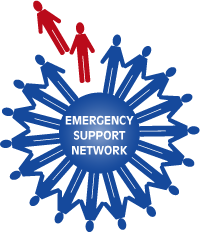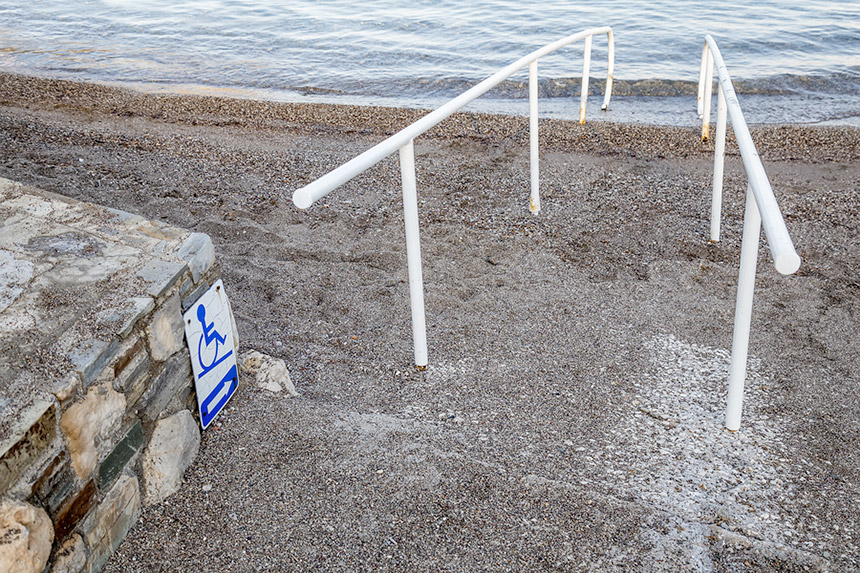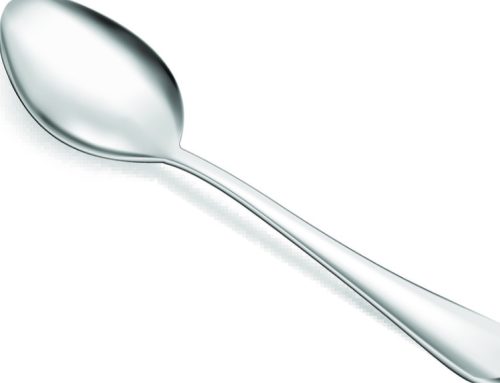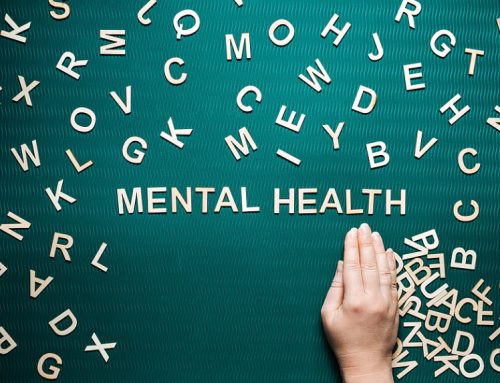On a recent trip to Bali, coming through the International Departure area I saw a sign ‘Difable & Special Needs Service’. It made me think how perfect the term is…difable…differently able. A much more positive reflection of people who experience what is generally termed disabilities.
The Latin prefix ‘dis’ originates from the meaning ‘apart’, asunder’, away’, utterly’ or having a ‘negative or reversing force.’ Generally it means ‘lack of’ or ‘not’. Hence disable, literally describes a ‘lack of’ ability or ‘not’ able.
Just because someone is differently abled does not mean that they are lacking in ability. If you were to reflect on some astonishing achievements by disabled people, then you need only to think of the late Stephen Hawking, the extraordinarily talented physicist and cosmologist. Or the gifted athletes at the Paralympics, Commonwealth Games and Invictus Games. This list could go on across countless areas of expertise.
Most people who experience an incapacity of some kind are not totally incapacitated. Many are highly able, greatly capable, and wonderful contributors in organisations and communities. So why is the term disability with its negative implications, the global term of choice? Surely the term diffability is more correct.
The prefix ‘dif’ implies ‘difference’ or ‘different’. Therefore ‘difference’ in ability or ‘differently’ able. A much more positive and actually representative term. People who have some physical, mental or emotional issue, are just different to people without those issues. They may have some logistical and other challenges, but this certainly doesn’t render them without ability. It seems time that the term disabled was replaced with difabled.
More recently I was sent a photo of a sign in Dubai next to a concrete pathway across the beach to the water, depicting pictures of a wheelchair, a person pushing a pram and a crane. The sign simply read ‘BEACH ACCESS FOR PEOPLE OF DETERMINATION’. How brilliant is this? Maybe the term needs to be determinedly able!





